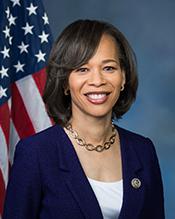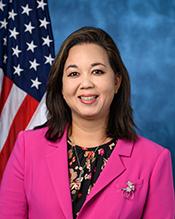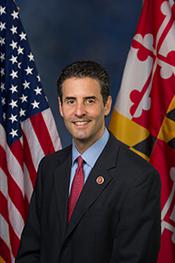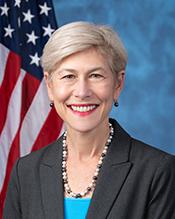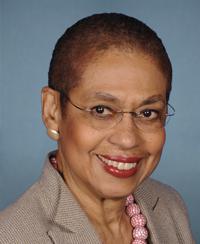0
Health Center Service Expansion and Provider Shortage Reduction Act
12/15/2023, 3:57 PM
Summary of Bill HR 3080
One of the key provisions of the bill is the establishment of a grant program to support the expansion of health center services. This program would provide funding to health centers to hire additional staff, expand their facilities, and offer new services to meet the needs of their communities. By increasing the capacity of health centers, the bill aims to improve access to healthcare for underserved populations and reduce the strain on existing providers.
In addition to expanding services, the bill also addresses the shortage of healthcare providers by establishing a loan repayment program for healthcare professionals who agree to work in underserved areas. This program would incentivize providers to work in areas with provider shortages by offering to repay a portion of their student loans in exchange for their service. Overall, Bill 118 HR 3080 is a comprehensive effort to address the growing issue of provider shortages in health centers and improve access to healthcare for underserved populations. By expanding services, increasing the number of providers, and incentivizing providers to work in underserved areas, the bill aims to ensure that all Americans have access to quality healthcare services.
Congressional Summary of HR 3080
Health Center Service Expansion and Provider Shortage Reduction Act
This bill provides funding through FY2028 for certain services under the Community Health Center Program, which supports outpatient health care facilities that provide comprehensive primary care to medically underserved populations. It also provides funding through FY2028 to expand the National Health Services Corps, which provides scholarships and student loan repayment awards to health care providers who agree to work in areas with health care provider shortages.
In particular, the bill requires that health centers provide behavioral health, mental health, and substance use disorder services and provides funding for those services. (Currently, centers may provide those as additional services.) Furthermore, the bill provides funding for (1) expanding the operating hours of community health centers; and (2) New Access Point Grants, which assist centers to establish new delivery sites for care.
